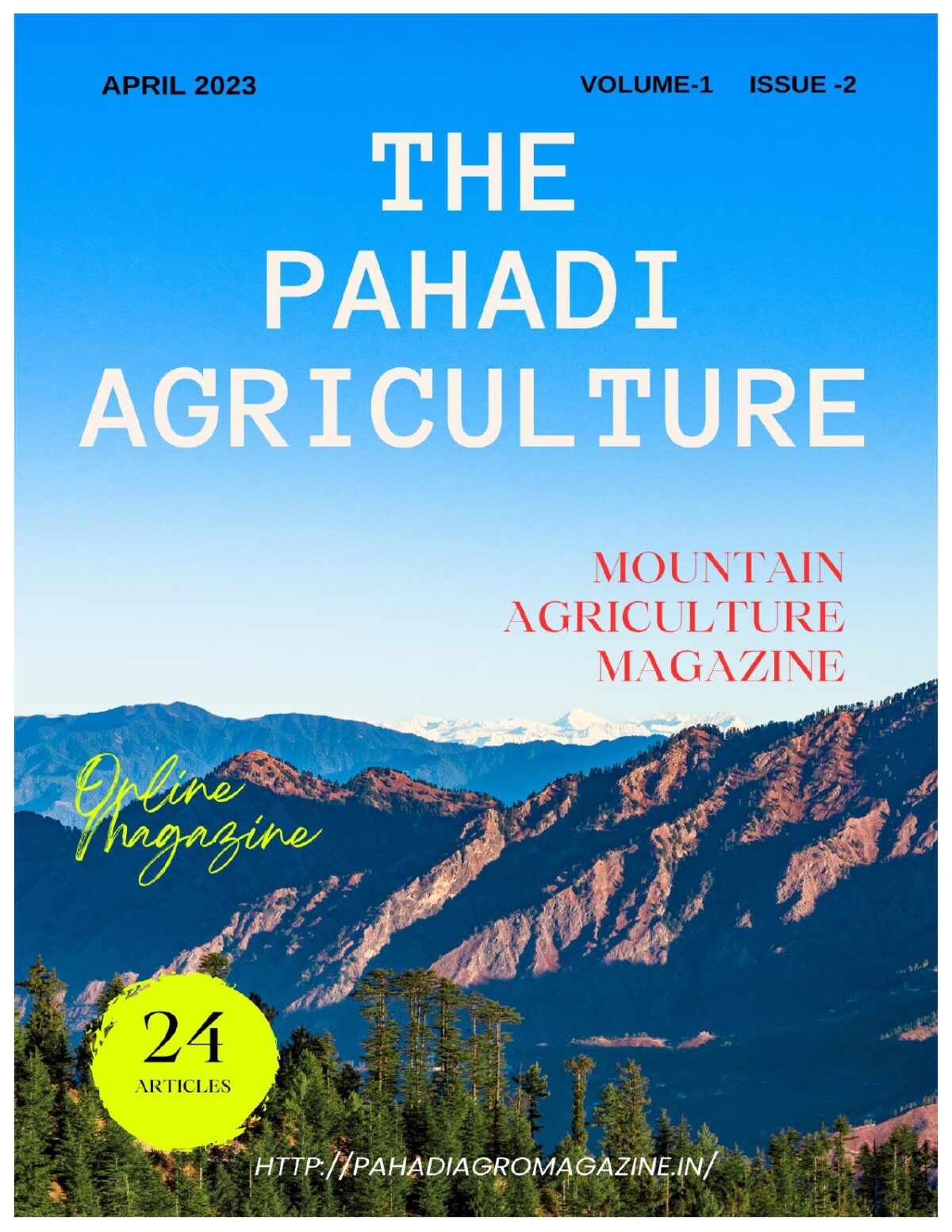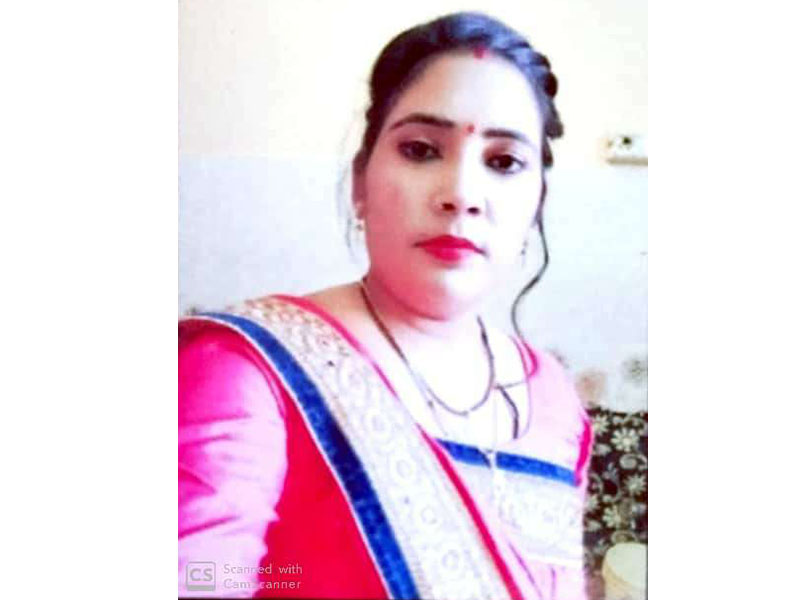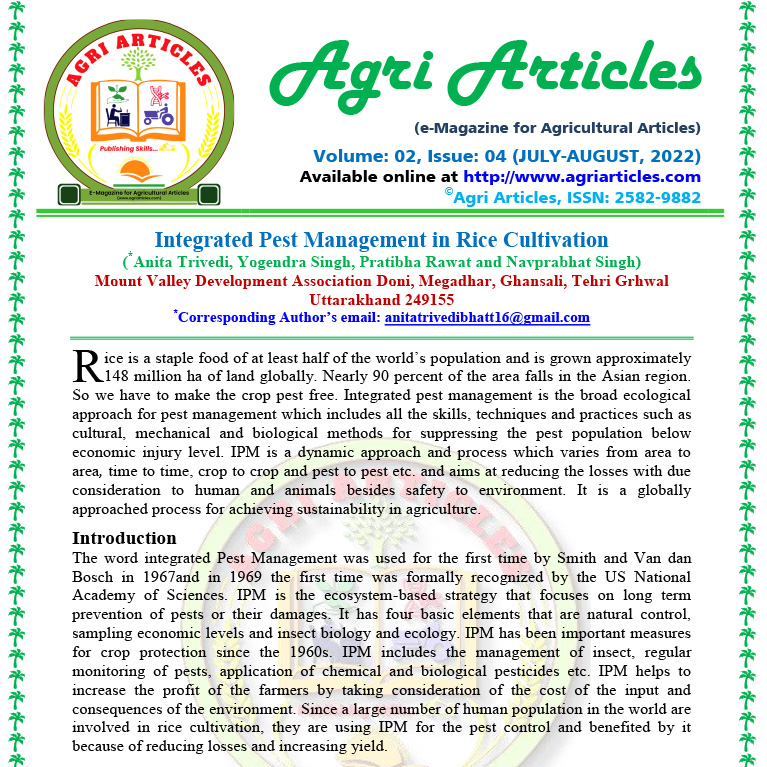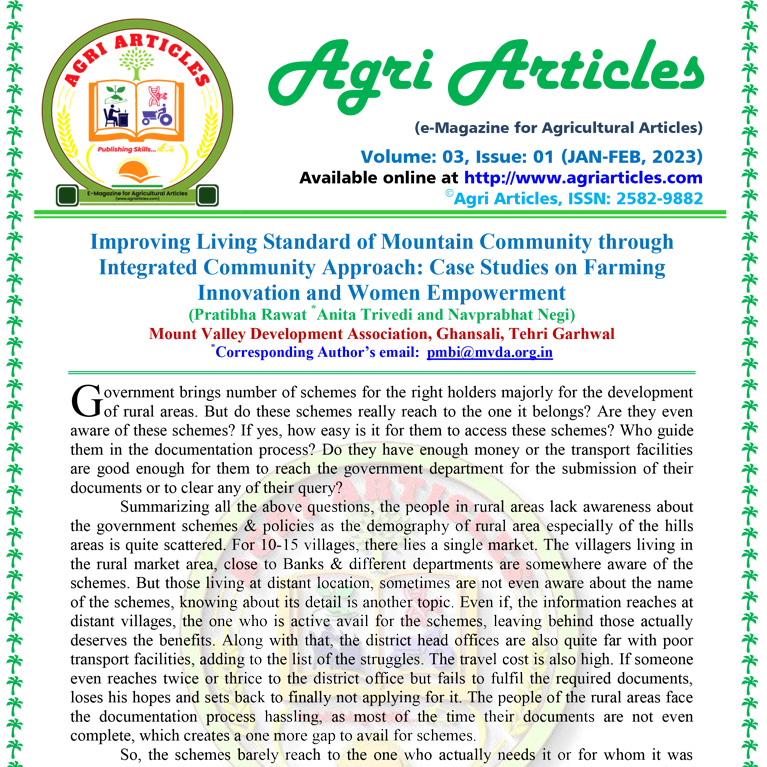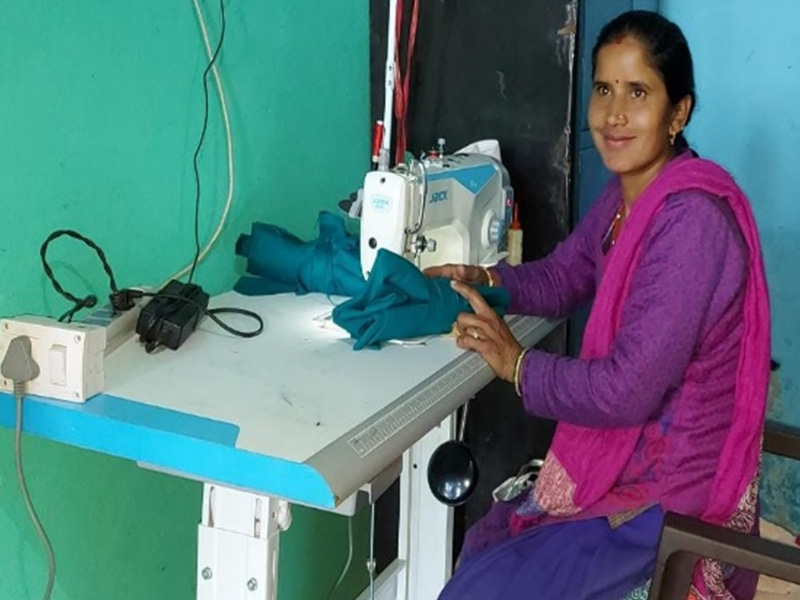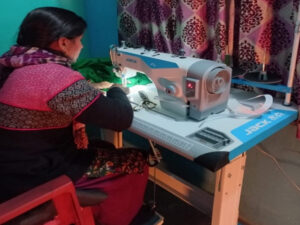Knowledge Center
Role of Millets as a Functional Food
Organic Seed Treatment Techniques
Seed Entrepreneur
Millets Poster
Millets Recipe Book
Empowering a girl child with education
“Empowering a girl child with education is not just a duty, it’s a privilege and Deepa is a shining example of it.”
Introduction
Deepa Saini is a dedicated teacher who comes from a middle-class family. Her father works as a farmer while her mother is a housewife. She has five members in her family and is the youngest daughter-in-law in her household. Her husband owns a business, and she has two children, both of whom are currently studying in school, one in L.K.G and the other in class 2. Deepa has a passion for teaching and particularly enjoys working with young girls.
Education Background
Deepa completed her high school and intermediate education at Kisan Inter College Bahbalpur, passing class 10th in 2006 and 12th in 2008. She then completed her graduation with a B.A. from S.S.D. College in Roorkee. Her teaching career began in 2007 when she started working at Anmol School. Deepa got married in the village of Hallu Mazara and moved to her father-in-law’s house after marriage.
Finding
Deepa was informed by a village woman that there was a vacant teaching post in her village. She approached Priyanka Saini, who was already working at the Blika Siksha Kendra in Manak Mazara, to learn more about the program and how to apply for the vacant post. She submitted her documents and organized the interview process, both orally and in writing. After her selection, she was appointed as a teacher working in girl child education.
Challenges
Teaching 30 girls at the same time proved to be a challenge for Deepa. She had to figure out how to contact parents to send their children to the center and devise a plan for the students. She reached out to other teachers who were already working in other centers and received their support. Deepa joined the girl child education program on 1 January 2018 and has enjoyed working with children and communities. She has learned many techniques and processes in quarterly teacher’s training, MTM, and study circle meetings. Deepa attended a five-day training program where the trainer taught her various teaching methods, which she implemented with the children in the center.
When Deepa started teaching, she noticed that many children were weak in Maths, English, and other subjects. She met with the children’s parents and encouraged them to send their children to the center regularly. She followed the daily plan and taught the children according to their level of understanding. She kept parents informed of their children’s progress through report cards given during CMC meetings and door-to-door visits.
Conclusion
Deepa’s dedication to teaching and her willingness to learn has enabled her to improve her skills in the girl child education program. Her experience shows that with hard work, dedication, and a passion for teaching, one can overcome challenges and make a significant impact on children’s education.
Integrated Pest Management in Rice Cultivation
Improving Living Standard of Mountain Community through
Integrated Community Approach: Case Studies on Farming
Innovation and Women Empowerment
Livelihood support, Sunaina Devi, HRIDAY programme
“Now! I will help my family to earn more”
Introduction
Sunaina Devi wife of Ramesh Raturi, belongs to Amarsar village. There are 6 members in her family, she lives with her husband, two boys, and her maternal mother and father. Her husband runs a shop in their town. The means of income of the house is only wages under the government scheme like MNREGA, etc., or by working on agricultural land. Sunaina devi works at home and in the fields.
Background
At the beginning of the Hriday program, women farmers groups were formed in the villages of the project area. An open meeting was held with the women farmer’s group members. In the meetings, the members were informed about the various works to be done under the program, out of which seed money support to women farmers to start their own businesses was involved. Right holder (Sunaina devi) is one of the members of the women farmers group from amarsar village. She came to know about the livelihood cooperation support activity. She found this support useful and contacted the facilitators of hriday program.
Mrs. Sunaina devi is skilled in stitching work. She used to stitch clothes before her marriage but after her marriage she got involved in agricultural work and other responsibilities like taking care of her children. she states that she has some free time after doing domestic works, in that period of time she can create additional income at home by doing sewing work.
Findings
Sunaina devi can sew women’s clothes but she does not have the technical knowledge to sew men’s clothes. Apart from this, due to the limited market in the area, there is fear of not getting recognition and proper value for their work.
Sunaina devi showed interest for the sewing work in the monthly meeting with women group members. The self-help group members gave their consent for cooperation and it was decided to give a sewing machine to sunaina devi from their group. Facilitators from the organization obtained the necessary documents from sunaina devi and submitted them to the field office. According to the term and conditions, a modern sewing machine was purchased for sunaina devi.
Conclusion
With the livelihood promotion support given by LIC HFL, Sunaina devi will become a self-reliant woman. With this cooperation, she will be able to help her family economically and will be able to provide better education to her children through her income by doing sewing work. Apart from this, sunaina devi will increase her sewing work demand in the local market by learning the techniques of sewing men’s clothes by using the modern machine provided as support by MVDA and LIC HFL.Through livelihood promotion activities, many more women from the remote villages of the project intervention area can be made self-reliant so that they can help economically their families.
Words from beneficiary (quotes) –
“With the support of livelihood promotion, now I will help my family to earn more thus I can enable to send my children to a good school.”
SUNENA DEVI
AMARSAR, BHILANGANA BLOCK
TEHRI GARHWAL, UTTATAKHAND
